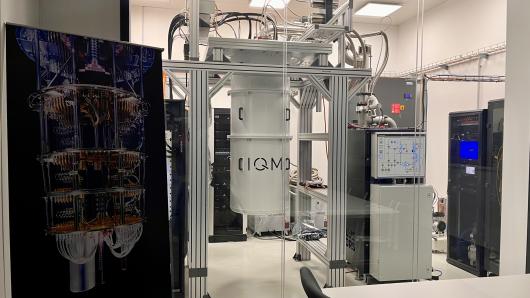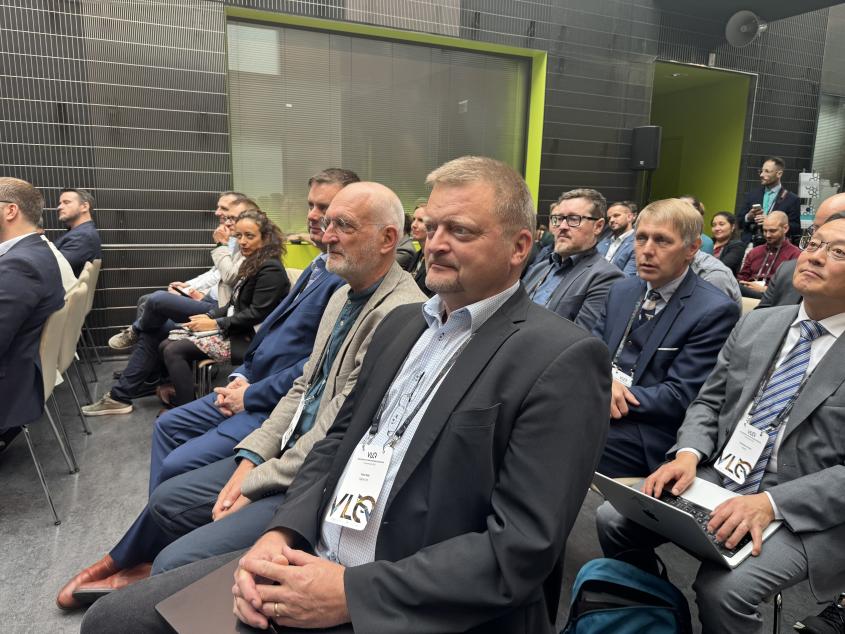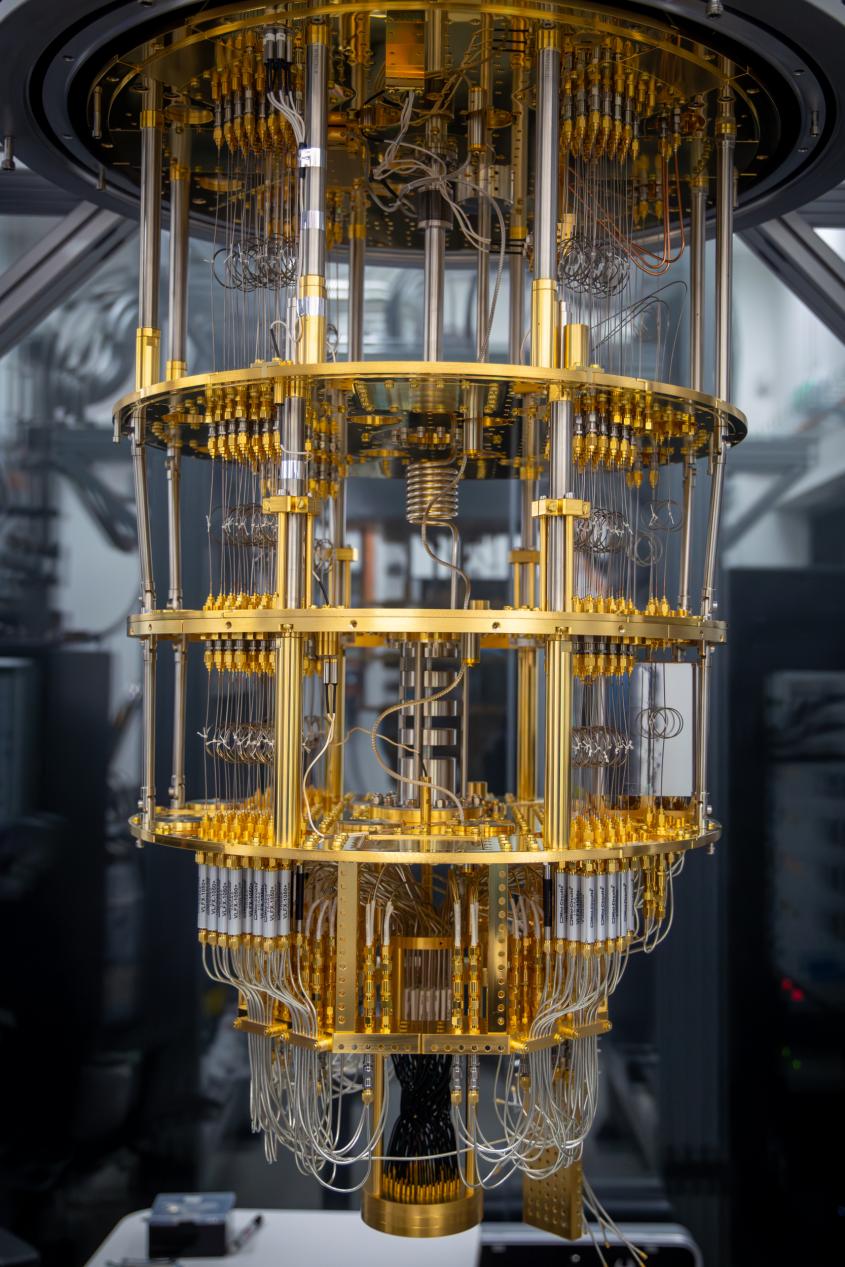Norway takes a quantum leap: Access to groundbreaking quantum computing to strengthen research and innovation.
On Tuesday 23 September, the new quantum computer, VLQ, was inaugurated at the IT4Innovations National Supercomputing Center in Ostrava, Czech Republic, during a ceremony attended by representatives from across Europe.

Norway, represented by Sigma2, is a co-owner of the machine, alongside the Czech Republic and six other European nations. VLQ is the second quantum computer launched under the EuroHPC JU initiative, marking a significant step towards building a world-leading European infrastructure for quantum technology.
This marks the first time Norwegian researchers and businesses will have access to quantum technology at a national level, opening up new opportunities for research, innovation, and development across multiple sectors.
– This is a technology that can tackle complex challenges in health, climate, and industry, driving research and innovation in Norway forward. VLQ offers Norwegian researchers and businesses a unique opportunity to explore and utilise quantum technology to solve problems that traditional supercomputers have so far been unable to handle, says Hans Eide, Special Adviser at Sigma2.
A unique architecture for enhanced computational power
VLQ is a quantum computer featuring 24 physical qubits (quantum bits) arranged in a star-shaped topology. This unique architecture enables exceptional connectivity between qubits, significantly reducing noise and increasing computational efficiency. The system was delivered by IQM Quantum Computers at a cost of approximately €5 million, co-funded by EuroHPC JU and LUMI-Q, a consortium of European countries.
The name VLQ means "wolf" in Czech and is a reference to the European supercomputer LUMI, of which Norway is also a co-owner through Sigma2. Eight of the countries behind LUMI have joined forces in the LUMI-Q consortium to acquire the new quantum computer. LUMI-Q consists of 13 partners from 8 European countries: the Czech Republic, Belgium, Denmark, Finland, Norway, the Netherlands, Poland, and Sweden.
– Quantum computing is a forward-looking technology that requires significant resources and cross-border collaboration to succeed. Through European and national cooperation, we ensure that Norway and Europe can strengthen their position in the global technology race, says Eide.

Sigma2 is supported by partner universities in the Norwegian Research Infrastructure Services (NRIS) collaboration: the University of Bergen, the University of Oslo, NTNU, and UiT The Arctic University of Norway. Simula Research Laboratory, SINTEF, and OsloMet also participate as Norwegian partners in the LUMI-Q consortium.
VLQ to integrate with Norway’s new supercomputer, Olivia
The quantum computer will be integrated with existing supercomputers such as LUMI and Sigma2’s national supercomputers, including Norway’s new supercomputer, Olivia.
A dedicated Norwegian project, Q-NRI, will facilitate this integration. The project recently received funding from the Research Council of Norway to connect VLQ and other European quantum computers with the national computing resources of Sigma2/NRIS and Simula/eX3.

This will enable research and development combining traditional supercomputing with quantum-based computations, while also supporting education utilising these same resources.
Norwegian researchers and businesses can now explore new algorithms and applications in areas where quantum technology has already shown great promise:
- Healthcare: Developing new medicines and vaccines.
- Materials science: Designing advanced, innovative materials.
- Energy: Optimising renewable energy systems.
- Finance: Modelling complex financial systems.
- Transportation and logistics: Solving advanced optimisation problems.
VLQ is an important step in connecting Norwegian research and development to quantum technology in Europe.
– The next phase of this work will be to expand collaboration to include additional European quantum computers, including what we expect will become Europe’s leading quantum computer, LUMI-Q, currently under development in Finland. Participating in such international collaborations provides Norway with access to advanced quantum computers and expertise that would be extremely difficult to establish independently, says Eide.
Key facts about VLQ
- 24 superconducting qubits arranged in a star-shaped topology. This design minimises the number of so-called swap operations, where qubits must exchange positions to perform computations.
- Extreme cooling: The quantum chip must be kept at a temperature of just 0.01 Kelvin—colder than outer space (-273.14 °C).
- Energy efficient: The quantum chip itself consumes only a few kilowatts of power.
- Availability: The system will be accessible to researchers, businesses, and the public sector across Europe by the end of 2025.